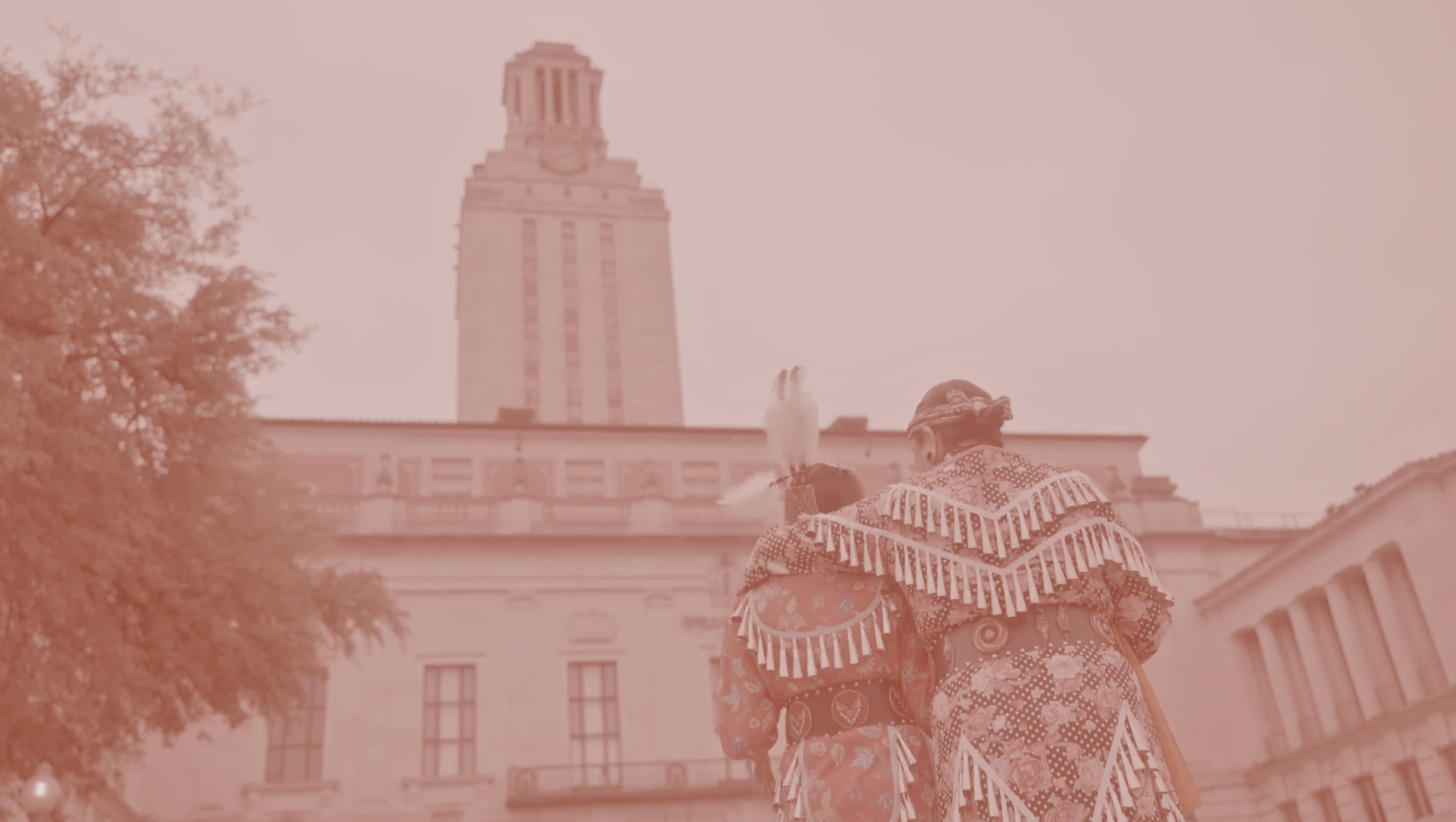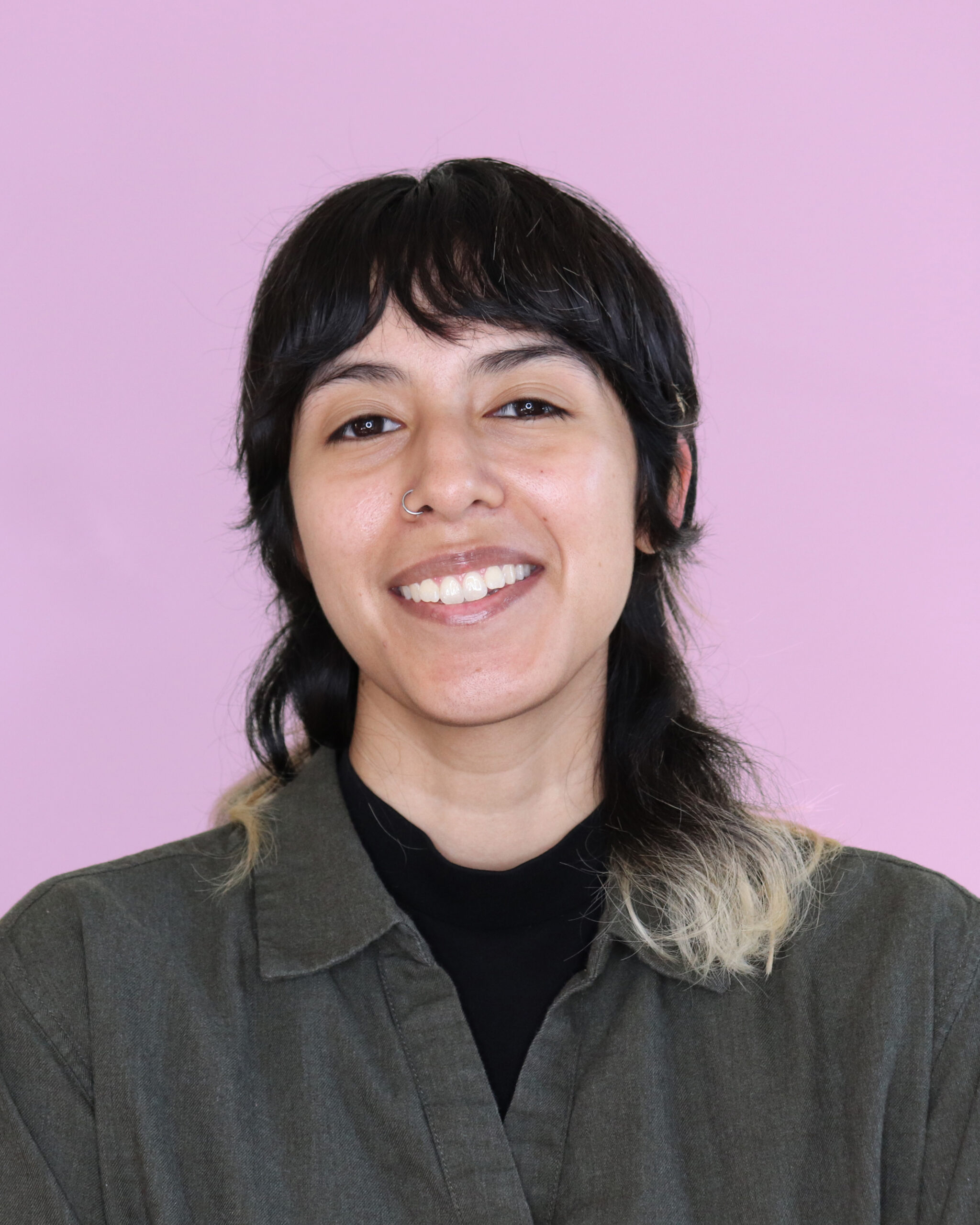Home > Native American Heritage Month: Rethinking Thanksgiving and Addressing Indigenous People’s Mental Health Struggles
By: Raven Garza (she/they)

Photo by: McKenzie Bentley
It’s November, which means many Americans will be celebrating Thanksgiving with their loved ones and giving thanks over a warm meal. For Indigenous people, however, this holiday is a reminder of the ongoing oppression, misrepresentation, and discrimination towards their community.
In honor of Native American Heritage Month, we’re going to give an overview of Thanksgiving’s history, highlight mental health struggles that Indigenous people may face today, and share resources for behavioral health professionals who support this diverse community.
According to historians, Native Americans had a rich tradition of celebrating the fall harvest with feasts and parties long before Europeans set foot on America's shores.
The first Thanksgiving is usually described to the American public as a friendly harvest festival where Pilgrims and nameless "Indians" came together to share a meal. In reality, the Wampanoag tribe and English settlers who gathered in 1621 were mostly focused on maintaining harmony and diplomacy.
Without help from the Wampanoag or key figures like Squanto from the Pawtuxet tribe who shared their land, food, and knowledge— the Pilgrims wouldn’t have had the successful harvest that led to the first Thanksgiving. Unfortunately, these alliances didn’t last, resulting in a long history of conflict between Indigenous Americans and European settlers that caused death and devastation to Indigenous peoples.
Since 1970, protesters have gathered on Thanksgiving at the top of Cole’s Hill, which overlooks Plymouth Rock, to mark a National Day of Mourning. This annual event aims to educate people about Native Americans in the U.S., dispel myths about Thanksgiving, and raise awareness of the past and present struggles of Native American tribes.
Studies show Indigenous people have disproportionately higher rates of mental health problems such as suicide, post-traumatic stress, violence, and substance use disorders. Part of this stems from Indigenous populations having to face different barriers such as lack of access to services and distrust of non-Indigenous counselors, and they’re less likely to get professional help for mental health.
There are also broader issues facing the community including:
Here are a few stats that highlight the health disparities experienced by Indigenous Americans:
What we know is that interventions rooted in traditions are helping to prevent suicide and addiction in American Indian and Alaska Native communities. Simply introducing Western strategies isn’t enough to make a significant impact.
Psychology Professor Art Blume, PhD, (who is Cherokee and Choctaw) stated, “Progress has been made over the last few years because we are combining the best indigenous cultural practices for healing with empirically supported interventions, plus we have enhanced the trust of the communities by working with them.”
We’ve gathered some resources for behavioral health professionals and providers who work with Indigenous communities:
A collection of materials from the Mental Health Technology Transfer Center (MHTTC) that address the culture, resilience, and history of Indigenous peoples
One Sky Center provides research and presentations as well as a “Find a Therapist” locator for treating mental health and substance use disorders
The Indigenous Cultures Institute provides educational programs, resources, and presentations about Native American cultures indigenous to Texas and northern Mexico
A webinar series to learn how crisis centers can collaborate with Tribal communities
Webinar clips with expert advice on weaving culture into prevention efforts
A webinar covering Native American peer recovery and the value of connection
A training that increases your understanding of Indigenous culture and provides tips on how to improve engagement with this community
WeRNative is a comprehensive health resource for Native youth by Native youth, promoting holistic health and positive growth
Circles of Care is a program that supports children with severe emotional disturbances and their families, and it also provides grants for Indigenous communities
988 Suicide & Crisis Lifeline for American Indian and Alaska Native people
StrongHearts Native Helpline (1-844-762-8483), a 24/7 anonymous domestic and sexual violence helpline for Native Americans and Alaska Natives
We invite you to celebrate the culture, traditions, and achievements of Native Americans this month (and every month). Our South Southwest MHTTC team will continue listening to the diverse Indigenous communities we serve, acknowledging their historical traumas and experiences, and adapting our activities to be more inclusive.
Sign up for our newsletter to stay in-the-know about our latest resources, trainings, and events.
¹Centers for Disease Control and Prevention, National Center for Health Statistics. National Vital Statistics System, Mortality 1999-2020 on CDC WONDER Online Database, released in 2021.

Raven Garza (she/they) is a Content Writer for the Texas Institute for Excellence in Mental Health (TIEMH) and graduated from UT Austin with a BA in English Literature.
Raven is passionate about mental health advocacy and volunteers for non-profits that support youth and people of color. In their free time, they love going to live shows around Austin, reading manga, writing about Latine culture + queer experiences, and taking solo trips around the world.